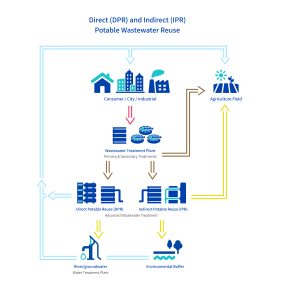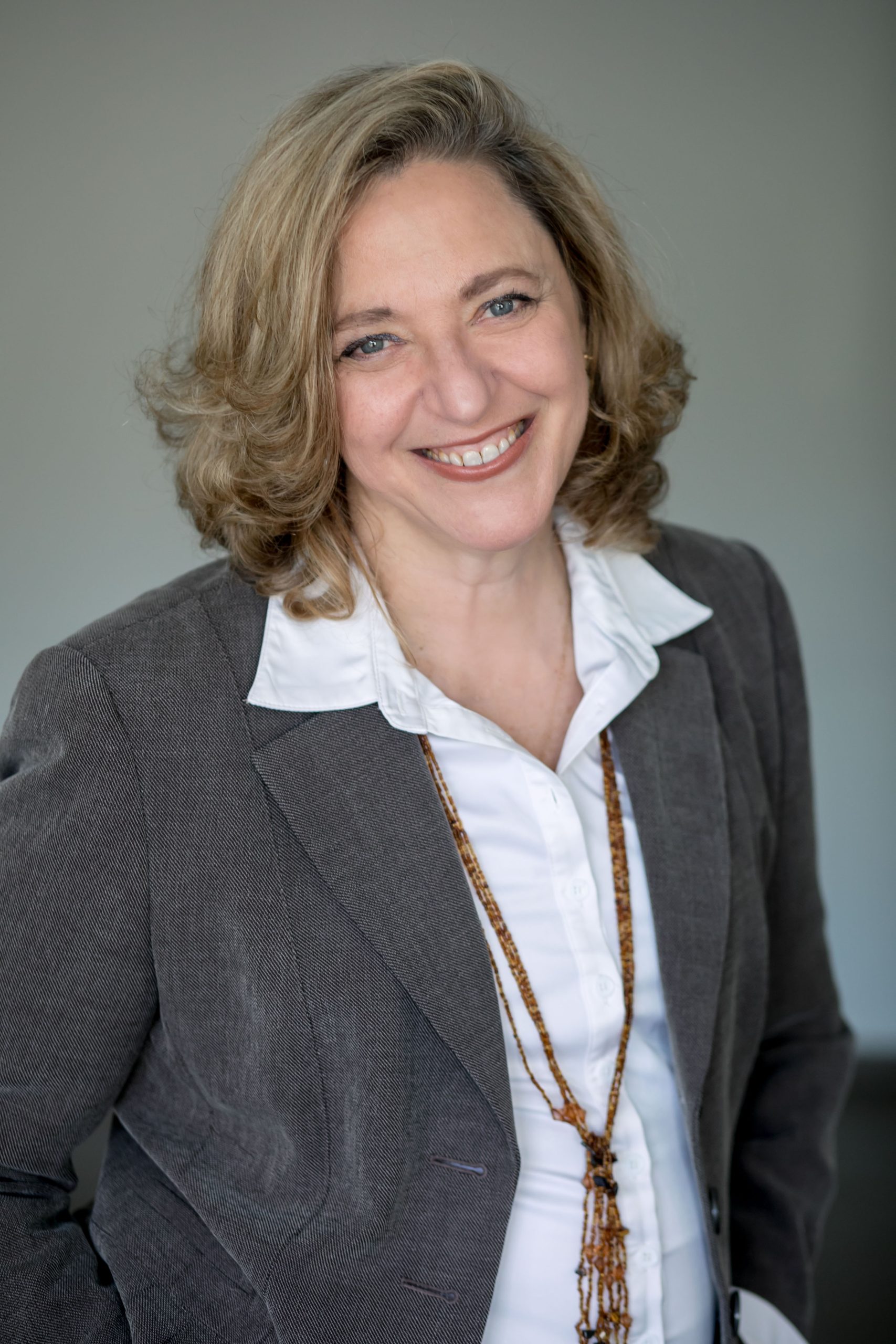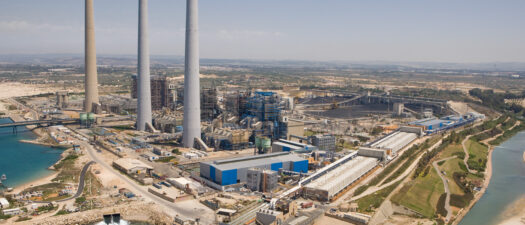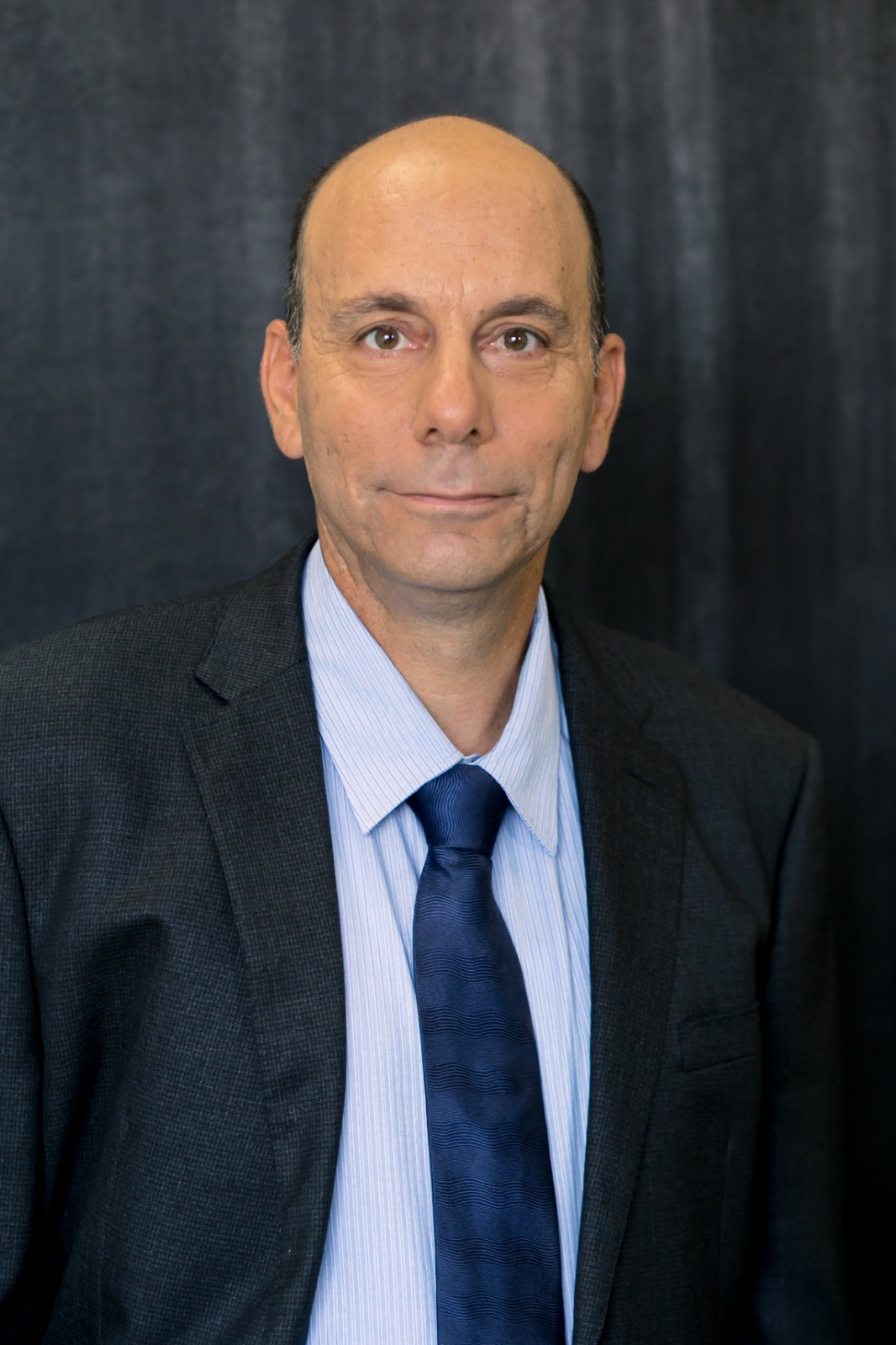As the demand for freshwater intensifies globally, desalination has become an essential technology for addressing water scarcity. However, the disposal of brine,.
Integrating Change in Wastewater Reuse for Municipalities

In late 2023, the California State Water Resources Control Board passed new regulations allowing for direct potable reuse. This innovative water treatment method converts recycled water into purified water, seamlessly integrating it into a community’s drinking water system.
Indirect potable reuse for Municipal water treatment, which involves replenishing a drinking water aquifer with treated recycled water, has been in practice since the 1960s. However, mounting challenges such as population growth, climate change, and dwindling groundwater reserves have left numerous communities grappling with water scarcity, making it increasingly challenging to fulfill their fundamental water requirements. These new regulations introduce increased flexibility by permitting highly treated water to be directly integrated into drinking water systems.
California is not alone in its efforts to ensure water resilience. Potable water reuse has emerged as an essential element of water infrastructure in numerous cities and regions worldwide, primarily aimed at mitigating water scarcity challenges. Today, several states in the United States, including Colorado, Arizona,Florida, New Mexico, and Washington, are actively engaged in reshaping their municipal water reuse regulations.This shift reflects a broader recognition that pursuing direct potable water reuse enables more effective management of extreme weather conditions and empowers communities to access a plentiful, secure, resilient, and locally-sourced water supply.
From conventional to advanced municipal wastewater reuse
According to California regulations for DPR, the sequence of processes required in the treatment of treated wastewater shall be ozone/BAC or other filtration processes as Ultra Filtration-Micofiltration (UF/MF), followed by Standard Multi-stage RO, and Advanced Oxidation Processes (UV/AOP). In general, it also includes a dosage of chloramine, which helps control biofouling of the RO membranes which unfortunately is also a precursor to the formation of disinfection byproducts such as NDMA, a dangerous organic contaminant and a suspected carcinogen.
IDE has developed a ground-breaking high reverse osmosis recovery Pulse Flow Reverse Osmosis (PFRO™) technology which is completely chloramine-free. Contrary to standard RO systems that operate under continuous hydraulic and osmotic conditions, the PFRO™ process utilizes alternating hydraulic conditions, switching between dead-end production mode and flushing mode, during which brine is flushed out at high velocity.
The constantly changing hydraulic conditions make it very hard for microorganisms to sustain themselves, thereby reducing the risk of biofouling and scaling. This allows the system to operate at very high flux rates (50% higher than normal), eliminating the risk of rapid increase in biofouling and scaling and resulting in overall CAPEX savings of about 20%.
In addition, PFRO’s unique design eliminates the need for four RO stages that are typically required to reach such high recovery rates. PFRO uses a single-stage RO that continuously changes the operation mode from dead-end filtration to brine discharge mode by opening and closing a brine valve. This achieves 90-95% recovery rates even at silica concentrations of more than 250 ppm in the brine stream.
This proven and innovative solution for municipal water reuse,will help municipalities power water resiliency, security and sustainability. One municipality which is already reaping its benefits of this advanced reuse technology is the Cherokee Metropolitan District at Colorado Springs.
Innovation in action: The Cherokee Metropolitan District’s IDE Partnership
Originally constructed in 2010, this $45 million project in southeastern Colorado represents a refurbished and enhanced water reclamation facility with a capacity of 4.8 million gallons per day (MGD). Its primary objective was to effectively manage the escalating levels of total dissolved solids (TDS) in raw wastewater while aligning with the municipality’s new stricter discharge regulations.
The Cherokee Metropolitan District grappled with wastewater salinity levels exceeding 600 mg/L TDS, necessitating a solution to conform to the newly imposed discharge limits. They opted to integrate IDE’s innovative PFRO technology. This comprehensive solution encompassed a pretreatment system equipped with fine screening and grit removal mechanisms, the conversion of two out of four existing SBRs into MBRs, and the installation of IDE’s high-recovery reverse osmosis (RO) technology. The outcome is a facility utilizing a 4.8 MGD MBR and a 1.6 MGD high-recovery RO system, purposefully designed to facilitate the blending of RO permeate with MBR filtrate, ultimately reducing the final effluent to levels below the 400 mg/L permit requirement.
Thanks to IDE’s groundbreaking Pulse Flow Reverse Osmosis (PFRO) technology, the wastewater reuse facility operated by the Cherokee Metropolitan District boasts an impressive water recovery rate ranging from 90% to 95%, diminishing the volume of brine discharge.
Emerging new business models for municipal water reuse projects
In recent years, the Public-Private Partnership (P3) model emerged as an innovative model for building sustainable, efficient, and cost-effective water infrastructure in many communities. This model guarantees, seamless allocation of risk and balanced incentive structure where each contract party is able to focus on its area of expertise. Municipal agencies can optimize the utilization of their existing resources, while private project partners receive benefits commensurate with their project technological and financial contributions and invested capital at risk.
This collaborative process is customized to align with the specific needs of each project and offers many benefits to the project owner:
Simplified Approach: By integrating design and construction, eliminating communication gaps, budget overruns, and project delays. Focus on strategic decisions with efficiency.
Collaborative Efficiency: P3 brings stakeholders together for seamless collaboration. Owners, contractors, and key designers work as a team, fostering innovation and quick issue resolution. Open communication paves the way to success.
Risk Allocation: Water projects involve risks, but P3 addresses them proactively. Contractor expertise during design identifies and mitigates risks early. Value engineering and risk assessments prevent surprises, keeping projects on time and budget.
Less Time & Money: P3 enables the identification of long lead-time items early, order them while designing, and avoid complications. Having one point of responsibility, eliminates finger-pointing and reduces costs.
At IDE, we have a strong conviction that P3 projects hold the potential to deliver advantages to all parties involved. A recent example of our commitment to this belief is our collaboration with the City of Fort Lauderdale. In this partnership, we joined forces with Ridgewood Infrastructure (RI) to oversee the design, construction, and operation of a state-of-the-art water treatment facility known as the Prospect Lake Clean Water Center in Fort Lauderdale, Florida. Under this agreement, both IDE and RI will contribute 25% of the project’s funding and take ownership of the construction and long-term operation and maintenance risks associated with the project.
The Path to DPR Acceptance
Direct Potable Reuse (DPR) holds the potential to enhance water supply reliability for communities, but it often faces resistance. To address these concerns effectively, proactive steps are crucial. Engaging the public becomes pivotal, providing insight into water sources, treatment processes, and the high-quality results achieved. A holistic approach, integrating community engagement, education, and collaboration, is key to the successful implementation and expansion of recycled water initiatives. Involving the community in decision-making fosters trust and transparency, paving the way for greater acceptance. Educational campaigns play a critical role in dispelling misconceptions, offering clear explanations of treatment methods and safety measures. Collaboration with local entities and demonstration projects further bolsters support, providing tangible evidence of the benefits of recycled water. Public engagement ensures that projects align with local needs, ultimately securing their success.
For many communities around the world, direct potable reuse is no longer a “nice-to-have” option, but rather a necessity. Leveraging advanced technologies, implementing efficient business models, and raising public awareness of its advantages can play a pivotal role in aiding cities in adapting to climate change, offering an additional and sustainable source of fresh water.
Contact IDE to learn more.

















